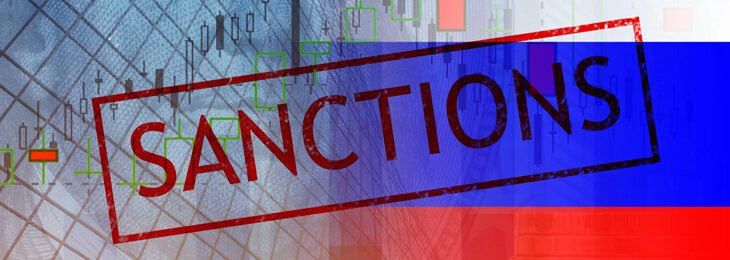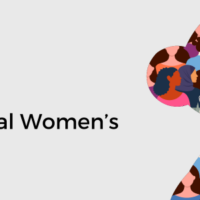
ACAMS Today interviewed Steven Oxman, CAMS to discuss the Association of Certified Anti-Money Laundering Specialists’ (ACAMS) new certification: the Certified Global Sanctions Specialist (CGSS). Oxman is the director of global certification and training for ACAMS. Prior to joining ACAMS in March 2018, Oxman was part of the innovation team at Adtalem Global Education where he led the learning sciences team. Previously, he led product development teams at Kaplan and Western International University. Oxman has participated as a mentor for the National Science Foundation’s Innovation Corps for Learning. As a professional fellow for the U.S. Department of State, he traveled to Eastern Europe to speak about training the workforce of the future.
ACAMS Today: What is CGSS?
Steven Oxman: CGSS stands for Certified Global Sanctions Specialist. It is the first exam-based certification from ACAMS since the development of the Certified AntiMoney Laundering Specialist (CAMS). The program consists of a certification exam that can be taken at test centers around the globe and training materials to help with exam preparation. The training materials include a study guide and flash cards—the core of the self-study option—as well as optional instructor-led offerings, including a 12-hour virtual classroom option taught over six weeks and a one-day sanctions prep course.
AT: How is CGSS similar to or different from CAMS?
SO: The content is different in that CGSS is laser-focused specifically on sanctions compliance. However, the structure of the CGSS program and the exam are very similar to CAMS. The types of study materials and instructor-led training options are nearly identical. Also, the eligibility requirements are the same. The CGSS exam will have slightly fewer questions than CAMS (100 questions instead of 120), simply because sanctions is a slightly narrower topic area. Like CAMS, the CGSS exam will have two types of questions: multiple choice questions with one correct answer, and multiple response questions that have two or three correct answers.
AT: Why a certification on sanctions?
SO: Over the last several years, sanctions regulations have become more frequent and more complex, and fines for violations have increased substantially. This has led sanctions compliance to become an area of increased specialization, where people involved in this function need to have a significant amount of knowledge about sanctions: the principles, concepts, frameworks, guidelines, best practices, etc. Creating a certification acknowledges sanctions compliance as such a specialization and enables people to demonstrate that they have attained an important level of competence in this specialized area. We hope that the certification will bring recognition to the professionals responsible for helping organizations comply with increasingly complex sanctions measures, much as CAMS did for anti-money laundering professionals.
AT: The sanctions landscape is constantly changing. How will the CGSS certification questions keep up with its evolving nature?
SO: That is a great question and something we had to think about from the start. Although specific sanctions regulations are always changing, the underlying concepts, governance principles, basic evasion methods and screening requirements are relatively constant. We decided to focus on those underlying elements that will help people understand and interpret different and evolving sanctions regimes, rather than on the individual regimes themselves. In the study guide, the specific sanction regimes are discussed as part of the case studies we use to illustrate the key concepts.
AT: The CGSS is a global knowledge certification. How will the exam and the study material cover sanctions on a global scale?
SO: We developed the program with the perspective of a professional working for a global organization who must be concerned with compliance across different jurisdictions. Because of how globalized the world is, particularly the financial sector, compliance professionals need to be aware of how sanctions apply depending on who passes them and the geographic scope of those sanctions. That said, by necessity there is a lot of coverage of the United Nations, the U.S., and the European Union simply because they are creating most of the sanctions regimes.
AT: Can all anti-financial crime professionals take the CGSS exam and when can they begin to take the exam?
SO: CGSS has the same eligibility requirements as CAMS. Individuals can qualify based on education, experience and/or training. If you have CAMS, you qualify but you do not need to have CAMS to be eligible for CGSS. We have an eligibility calculator on our website that can help people determine if they are qualified. The study guide for CGSS will be released in October, and the exam will be in test centers starting January 2020.
AT: When you are not working, what do you like to do in your spare time?
SO: My career has not been linear. My first passion was the theatre and I actually have a Master of Fine Arts degree from Yale School of Drama. In my spare time outside of ACAMS, you can usually find me in the theatre in Chicago, where I live and where I continue to write about theatre for Variety and the Chicago Sun-Times.
Interviewed by: Stephanie Trejos, CAMS, editorial assistant, ACAMS, Miami, FL, USA, strejos@acams.org










